The New Jersey Safe Routes to School Program: A Review of Three Years of Services, Training, Research, Outreach and Technical Assistance
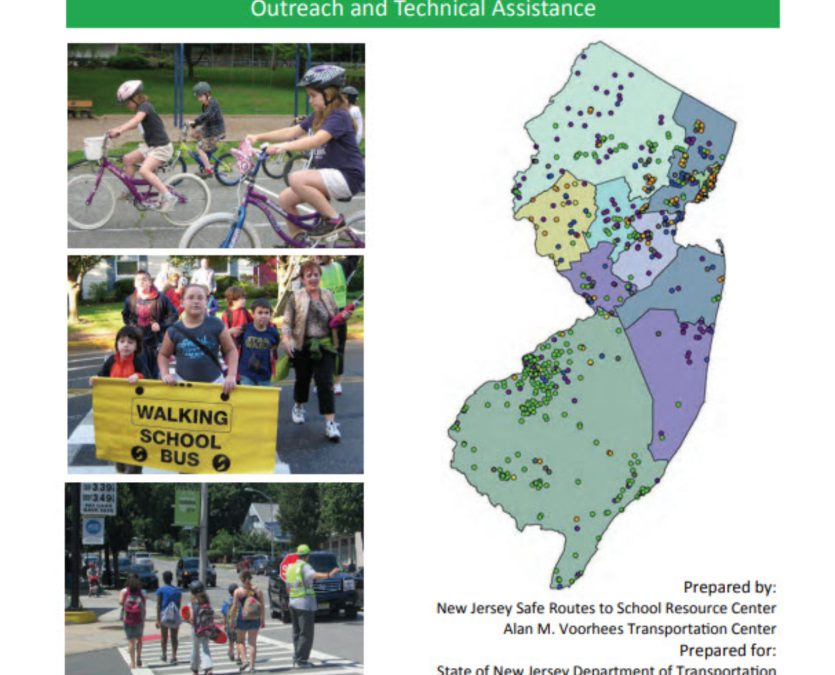

The New Jersey Safe Routes to School Program: A Review of Three Years of Services, Training, Research, Outreach and Technical Assistance
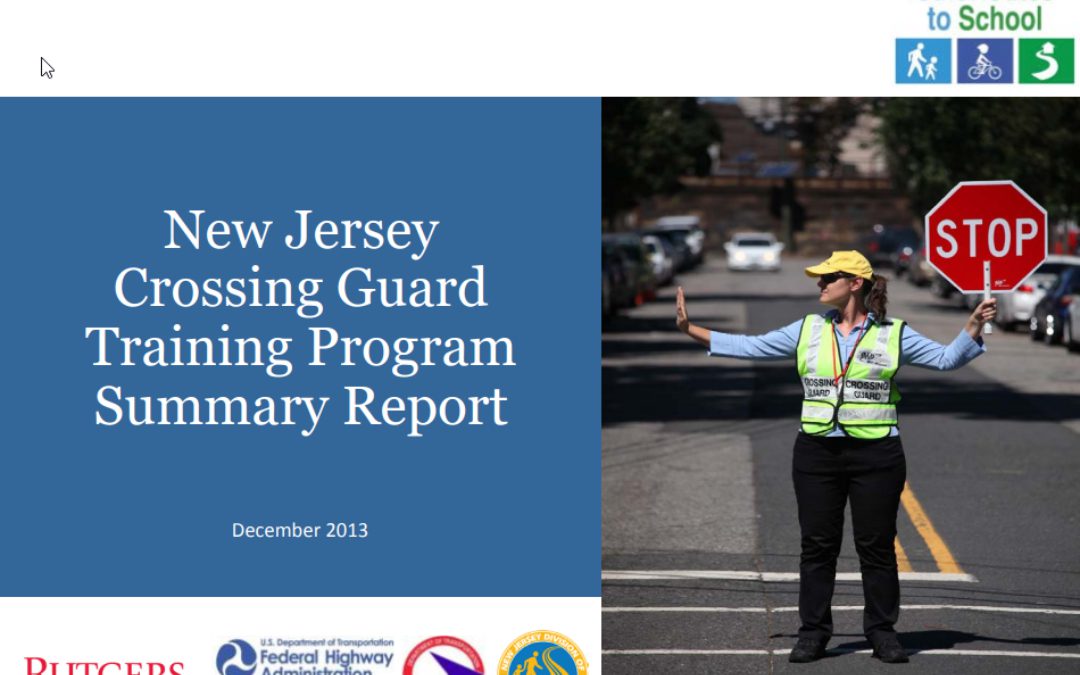
Research on crossing guard training in New Jersey and developing a uniform statewide Crossing Guard Training Program.
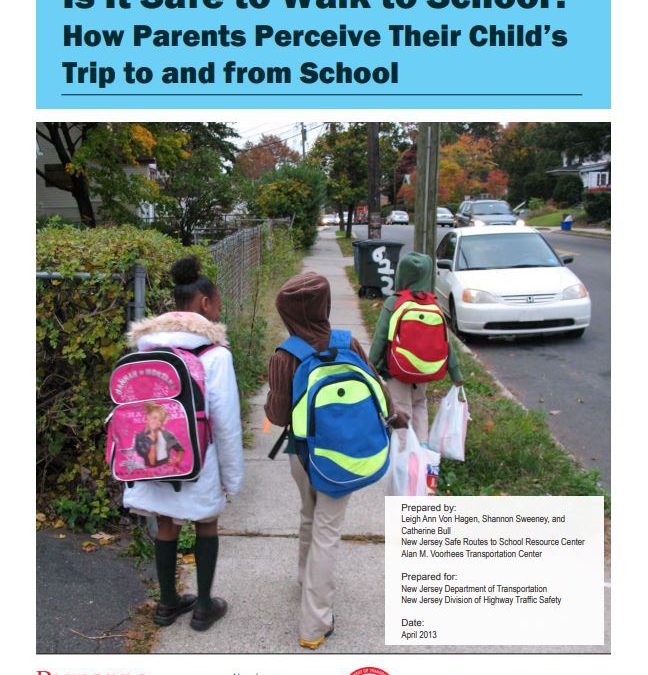
This research study reviews literature on risk perception and data from surveys that were distributed to parents throughout six public school in New Jersey.
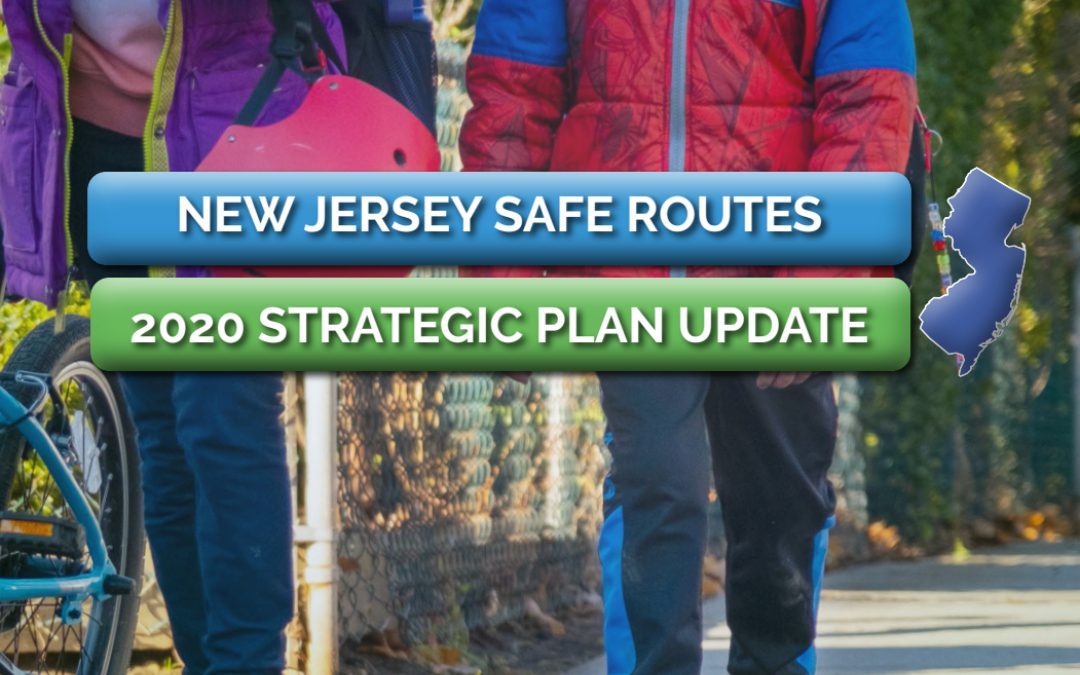
New Jersey launched a new strategic planning process in late 2011 to revisit and revise the SRTS Program’s mission, vision, goals, and objectives and, where necessary, align SRTS with the measures to gauge program performance.
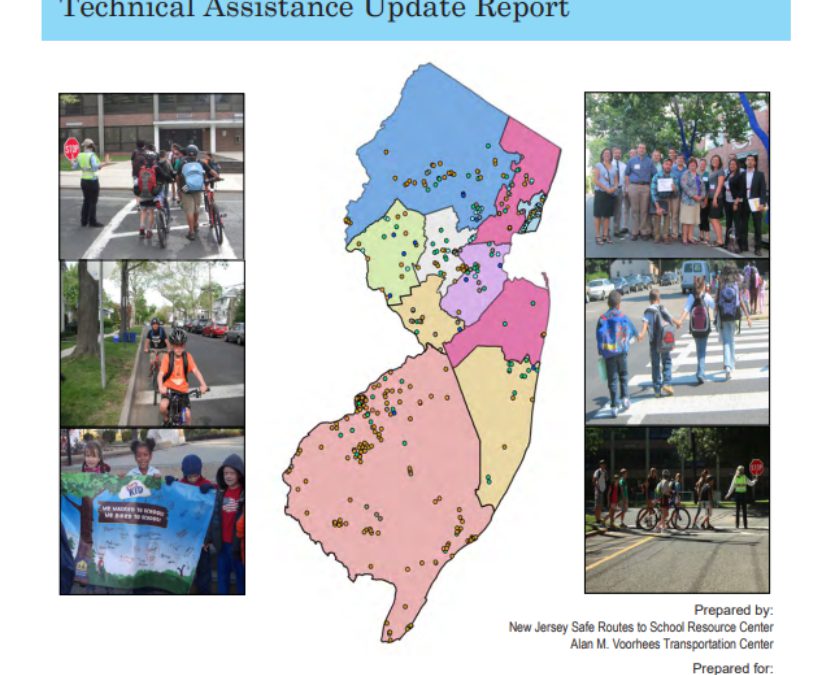
Review of the New Jersey Safe Routes to School Program: Services, Training, Coordination, Research and Technical Assistance Update Report
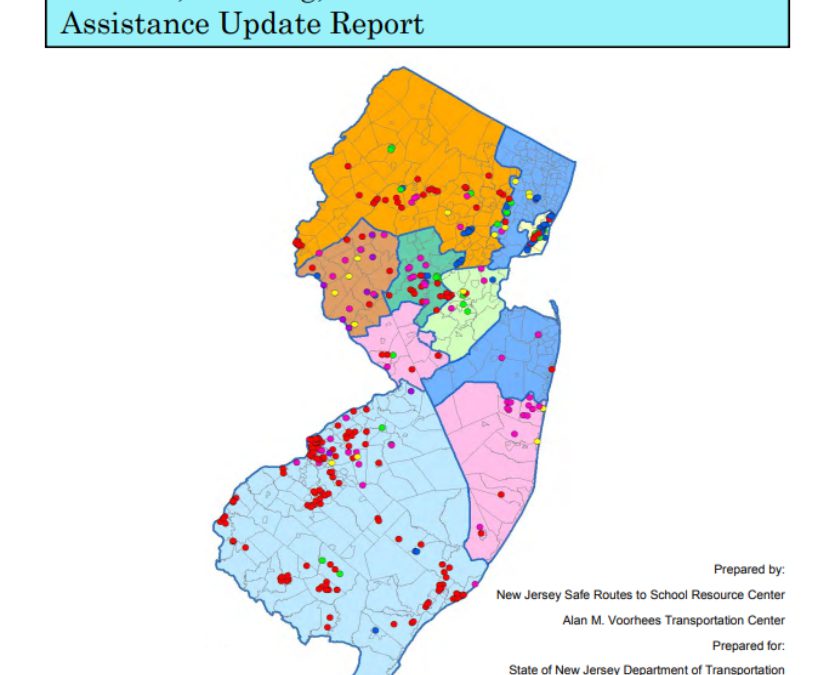
Broadening the New Jersey Safe Routes to School Program: Services, Training, Coordination and Technical Assistance Update Report.
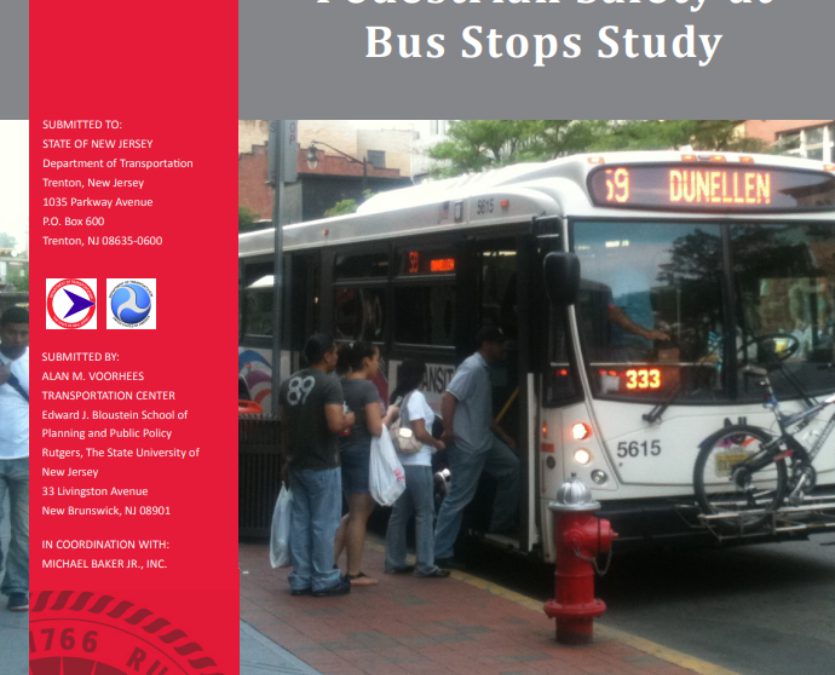
Report identified high pedestrian crash locations at or near bus stops in New Jersey.
Since its creation in 1979, NJ TRANSIT has grown into the geographically largest public transit system in the United States. Over more than four decades, the agency’s financial structure has shifted in response to changing state and federal priorities—shaping service...
Objective While fatal crashes are available through the Fatality Analysis Reporting System (FARS) and are readily available to the public, many states do not make their crash data easily accessible for the public and the research community. The public has an interest...
Through this research, NJ TRANSIT sought to understand how women and members of the lesbian, gay, bisexual, transgender, queer plus community, sometimes referred to as sexual and gender minorities (SGMs) travel on NJ TRANSIT so the agency can provide better...
Recent advances in biometric sensing technologies, such as eye tracking, heart rate trackers, and galvanic skin response (GSR) sensors, offer new opportunities to measure pedestrian stress level and their travel experiences in real-time. Uncertainty remains about...